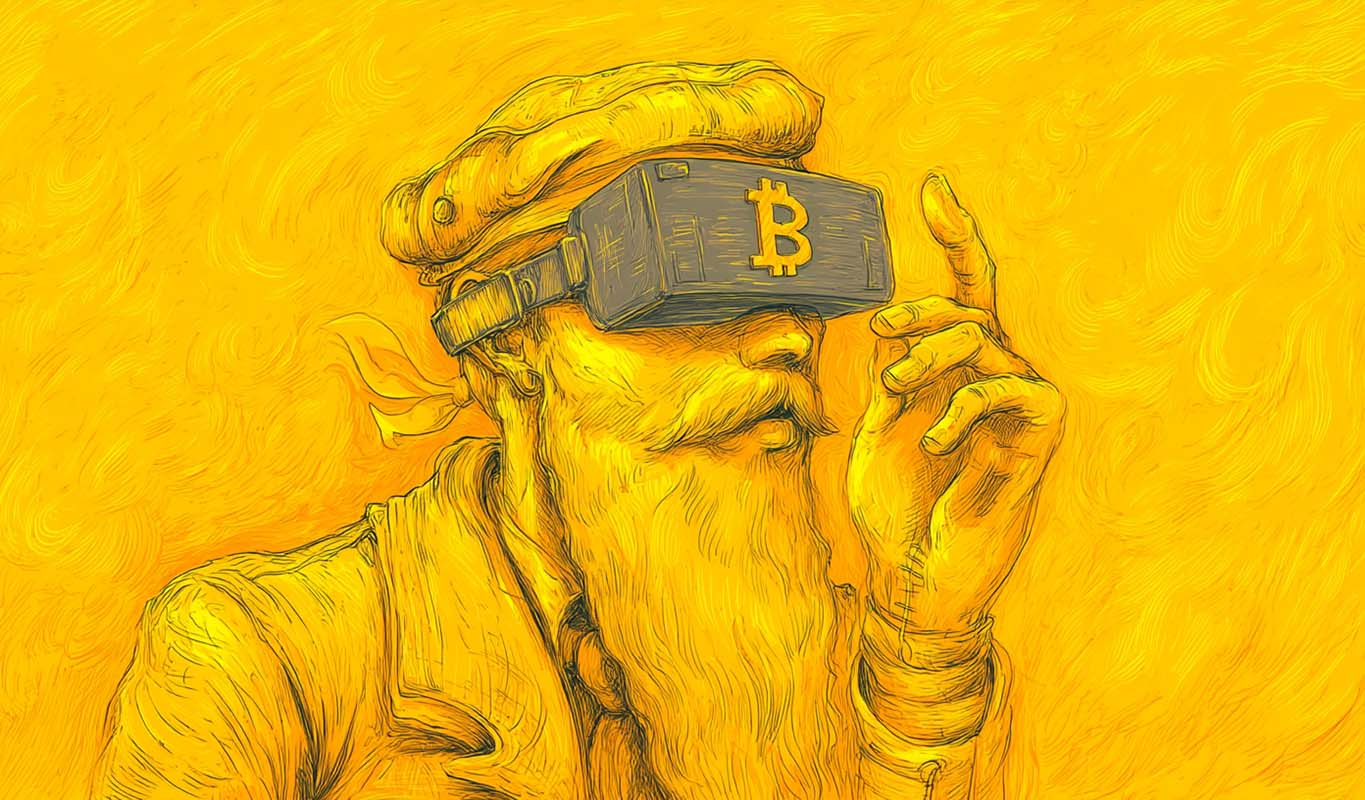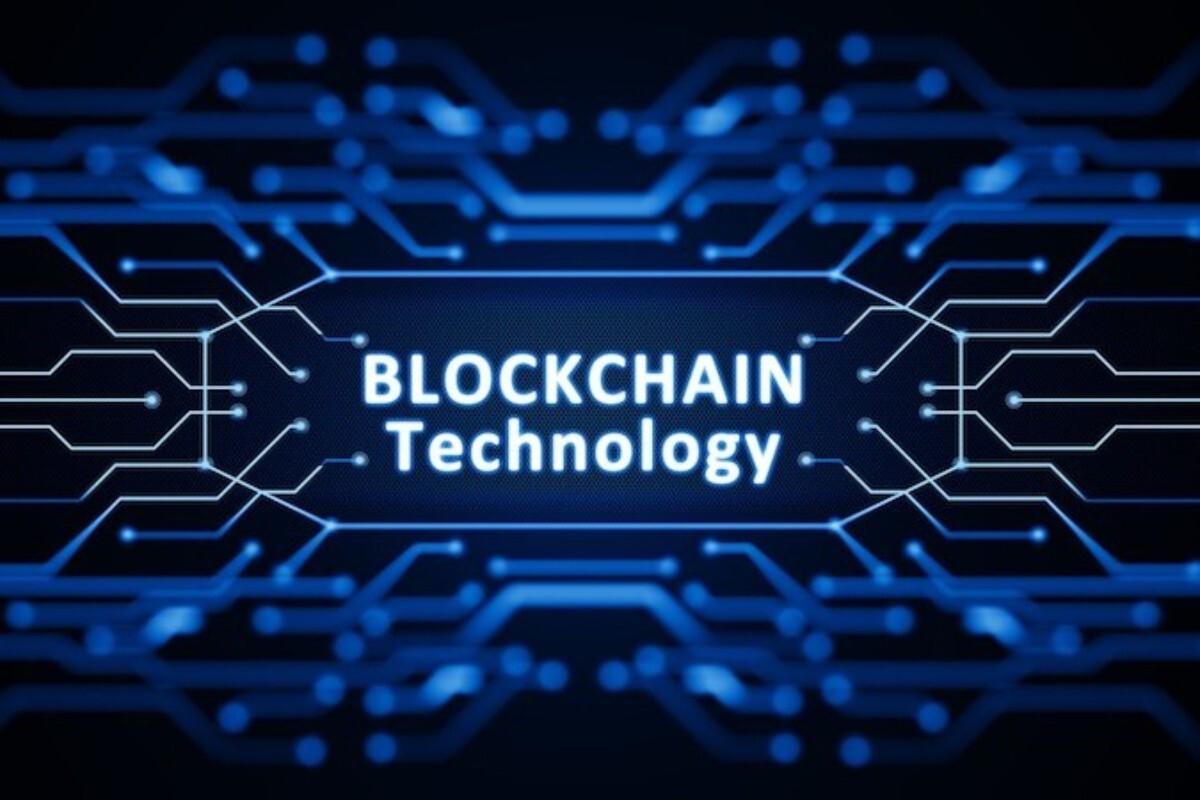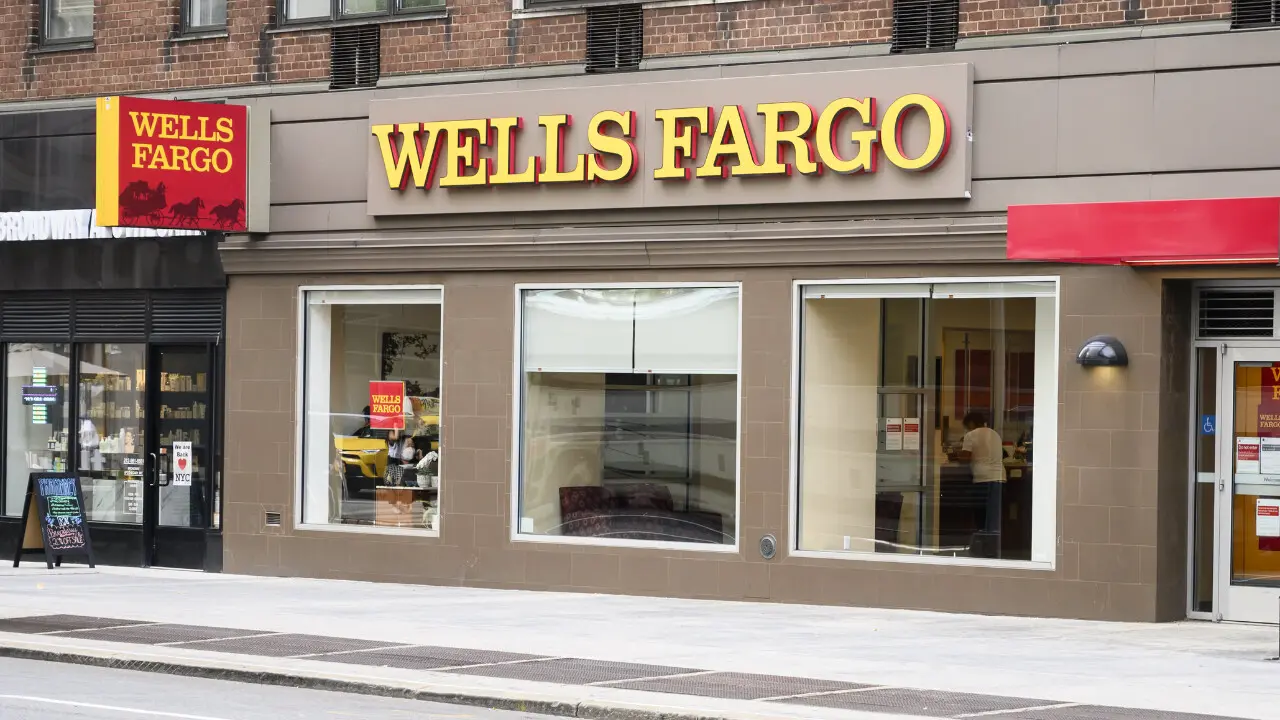Blackstone President Jon Gray called on governments to quickly resolve the turmoil caused by new U.S. tariffs to boost investor confidence.
“Rapid resolution of tariff diplomacy will be more beneficial to the real economy and the market,” he said before the release of the first-quarter earnings report. The report showed that Blackstone's key business exit scale plummeted by Trump's tariff threats, and the real estate sector's distributable income fell sharply by 20%.
This trade conflict has hit global markets hard.The private equity industry's anticipated recovery of mergers and acquisitions has turned into a bubble. Although Blackstone Credit & Insurance's division achieved a 76% return increase by selling in-house developed software tools, its private equity exit scale still fell by 25%. As of the end of the quarter, the world's largest alternative asset management company, which manages $1.17 trillion, holds $177 billion in investment.Gray said market volatility creates opportunities instead: “When prices reset and go lower, we think it’s an opportunity.”
The trade conflict provoked by Trump may push up inflation, putting the Fed's decision to cut interest rates in a dilemma. This puts heavy pressure on private equity firms that rely on debt to drive transactions——Blackstone’s stock price has plummeted 25% this year, far exceeding the 10% decline of the S&P 500. Gray stressed in particular that he would be more cautious about transactions involving physical goods: “In these areas, vigilance must be maintained.”
However, Carlyle CEO Harvey Schwartz said the prevalent inflation phenomenon in its portfolio companies suggests that the U.S. economy remains resilient.It's too early to judge whether it's going to decline. “We see inflation sticky,” Schwartz said Wednesday in an interview with Bloomberg’s original series Bullish.This actually reflects the strong economy and low unemployment rate。”
Federal Reserve Chairman Powell stressed the same day that the central bank must ensure that tariffs do not trigger longer-lasting inflation. Against the backdrop of slowing economic growth, investors are weighing the relationship between price stability targets and expectations of interest rate cuts in the Fed's dual mission. "They don't want unnecessary rate cuts to cause policy lag and eventually be forced to pull back rates. In the current high uncertainty environment, the Fed's caution is wise."
Schwartz observed thatConsumers are accelerating purchases, while business managers are increasing inventory to cope with uncertainty caused by tariffs.“Current data show that economic activity is quite strong,” he said. “So most companies have performed well in the first quarter, but uncertainty will be concentrated in the second to fourth quarters.This uncertainty will continue until a new trade balance is reached. "He specifically warned that a balance of cooperation between the United States and trading partners would lead to bad results, pointing to the contradiction between the current slowdown in business activities and policy pushing up prices.
















No comments yet